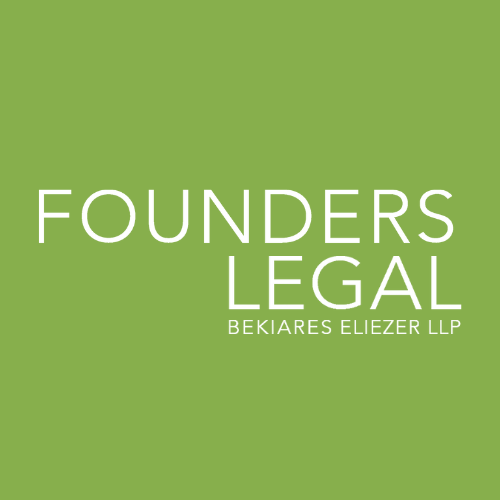US State Privacy Laws: What Businesses Need to Know
Stay compliant with evolving US state privacy laws. Learn which laws apply to your business and how to manage risk across jurisdictions

Stay compliant with evolving US state privacy laws. Learn which laws apply to your business and how to manage risk across jurisdictions

The United States Federal Trade Commission (FTC) issued a Final Rule in November 2024 which will regulate the disclosure and cancellation of subscriptions for goods and services. The Rule, “the Rule Concerning Recurring Subscriptions and Other Negative Option Programs” is more commonly known as the “Click to Cancel” Rule. The FTC has officially deferred the…

Explore the strategic nuances of 83(b) elections with our guide designed to help employees and founders navigate tax implications, maximize benefits, and understand risks associated with equity in holiday bonuses. Gain insights into making informed decisions and optimizing tax outcomes.

Explore key government and private sector programs designed to support founders. This guide highlights resources for growth, innovation, and diversity in entrepreneurship, offering strategic insights for leveraging these opportunities.

Unlock exclusive pricing on comprehensive business formation services with Founders Legal’s Fall 2023 Special. Valid for Georgia and Delaware entities until November 10. Start your business journey today!

Our Capital Raise Series is a three-part event aimed at guiding startups and entrepreneurs through the complexities of raising capital.
Hosted by attorneys David H, Pierce and Jeffrey A. Bekiares, the series will cover a range of topics essential for a successful capital raise. These events are in collaboration with Atlanta Tech Village.

Explore the intricacies of the Corporate Transparency Act (CTA) and its new Beneficial Ownership Information Reporting Rule. Discover how it impacts US businesses, defines ‘beneficial owners,’ sets reporting requirements, and contributes to financial transparency. A comprehensive analysis of the new rule from the U.S. Department of the Treasury’s Financial Crimes Enforcement Network (FinCEN) for combating illicit finance and enhancing corporate transparency.

Many software and product companies, whether through licensing or commercialization of intellectual property products and services, are being built predominantly upon their intellectual property. Moreover, intellectual property plays a fundamental role in companies’ investment decisions. Intellectual property can be used as collateral to obtain financing, for valuation purposes in an equity offering, and can be the impetus for a merger or acquisition.

SBIR stands for Small Business Innovation Research. This federally funded program encourages innovation and technological advancement in areas that align with national interests. Various federal agencies administer the program to partner with small and medium-sized entities (SMEs) to provide initial funding for researching and commercializing these new technologies.

Did you know that your intellectual property attorney can be located anywhere in the United States? This is because most relevant intellectual property laws, such as patents, trademarks, copyrights and trade secrets, are federal laws, which are the same throughout the country.
End of content
End of content